Hi! Did you know that recent studies in plant science have revealed that plants possess plant-specific sentience and cognition? It has also been discovered that plants have photoreceptor proteins similar to those found in the human retina. I remember when I was following a vegan/plant-based diet, I went with a group to a restaurant that primarily served meat. One of the people in our group mentioned they don’t eat anything that has feelings or a conscience. The server then commented, “Plants are alive and have feelings too.” Most of the group chuckled, but it turns out that plants do indeed have complex sensory systems, and their organs are constantly active. Unlike animals, which can run, hide, or fly from threats, sessile plants rely on signaling mechanisms to monitor their surroundings for potential dangers.
Plants can also communicate with each other, learn, and even remember. Some plants exhibit highly complex competition strategies, where their roots invade areas already occupied by other plants (just think of how invasive Bermuda grass overtakes desert cactus mountains). This new understanding encourages us to see plants in a different light—they can sense when we are near and even perceive how we’re feeling, much like our furry pets.
As this information has come to light, it’s made me reconsider how we treat the plants we eat and the fruits and vegetables we consume. From my personal experience with a plant-based diet, I’ve always noticed that organic, locally grown produce simply feels different than the offerings at many chain restaurants or grocery stores. In fact, through Natural Healing Care Center, I met a patient who sold produce to chain fast-food restaurants. He told me that they grow a special type of tomato that doesn’t bruise easily and stays visually consistent—but it has no seeds! How can it reproduce? Isn’t reproduction one of nature’s fundamental purposes?
Now, I know the “organic” label in the U.S. can be confusing and open to interpretation, but when you find a reputable source, the difference between true organic produce
and conventional crops becomes clear. Even my bunny can tell—he’s become so spoiled by organic produce that he refuses to eat anything else. My dog, on the other hand, couldn’t care less, haha!
Recently, I spoke with someone in the cannabis industry who told me that the farmers they work with are so attuned to the consciousness of plants that they have developed a specific harvesting method designed not to startle the plants, along with speaking to them softly and playing music (I recently did a podcast that shows the effects of sound and vibration with the cells in our body).
By doing this, the plants don’t experience stress during harvesting. This concept mirrors practices used by some livestock farmers, who believe that animals harvested without stress produce better-tasting meat. It’s been a long-established practice in cattle farming that a stressed-out cow, aware of what’s coming, produces different-tasting meat than one that doesn’t.
It got me wondering—are similar practices used on farms that grow the fruits and vegetables we eat? After learning about plant sentience and cognition, it makes sense that how plants are treated during harvest might affect their nutrient levels and overall quality.
I’ve always been a huge advocate for knowing where your food comes from and how it’s grown, but this takes it to another level. You can already see differences in cannabis grown in soil versus other mediums, and you can feel the difference in cannabis “nugs” that come from soil-based cultivation versus hydroponic or other methods. But now I wonder—how do the effects of cannabis harvested in a peaceful, stress-free way compare to those of plants chopped and handled carelessly, like a battlefield scene?
As we become more conscious of plant sentience in plant medicine, nutrition, and even the cannabis industry, it will be exciting to see how these insights guide us toward better production and consumption practices for plants and produce. After all, nature is medicine.
Love you all!!!
David Yrigoyen
@MMJ_David

Learn how to make your own butters and oils at home:
Infusing with Cannabis for Natural Pain Relief
by: David Yrigoyen MMJ_David
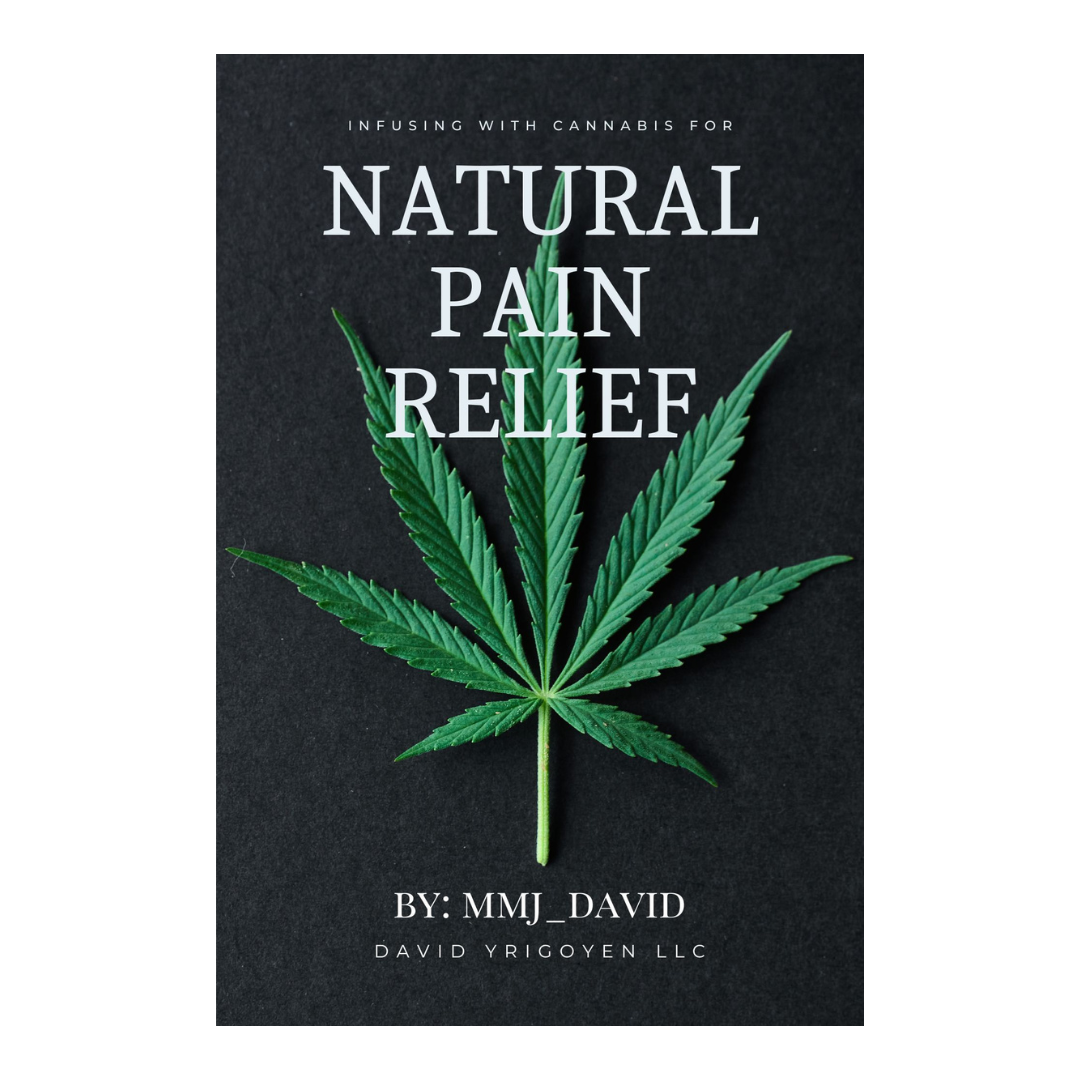
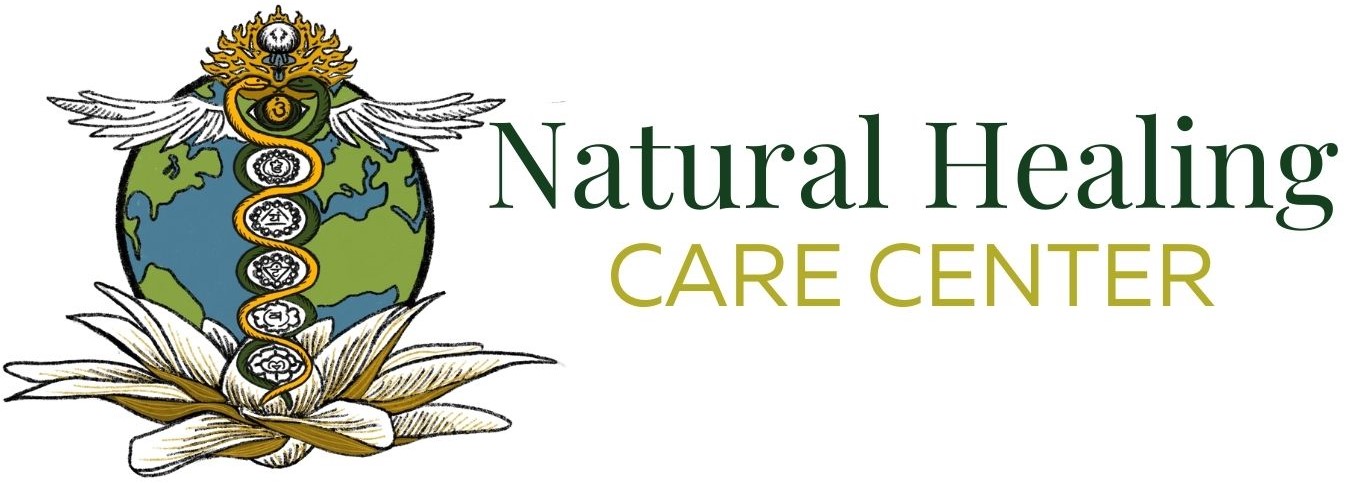
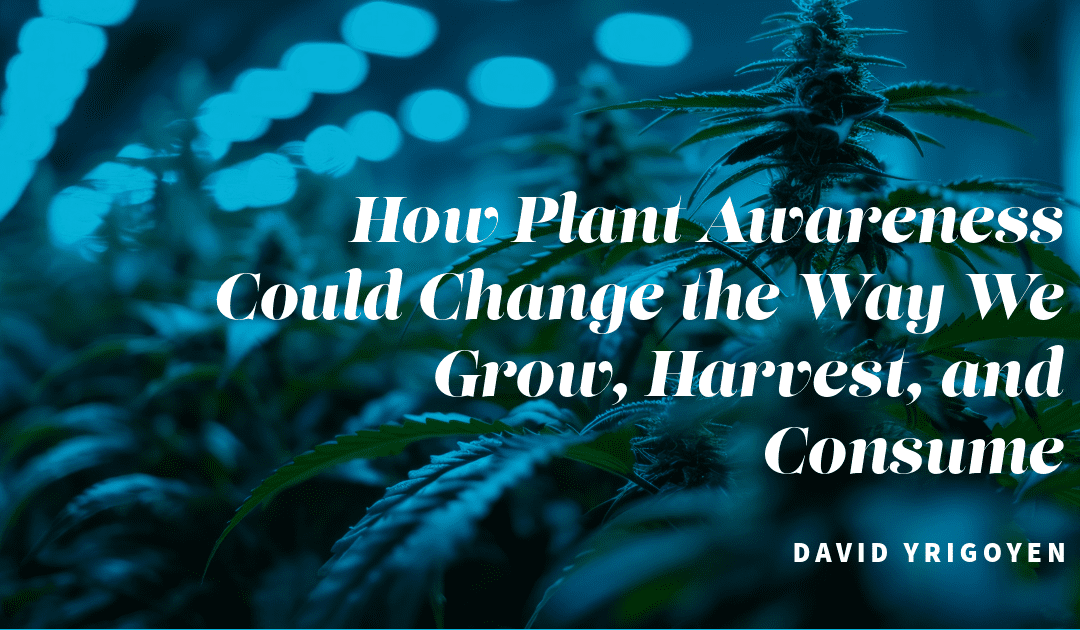
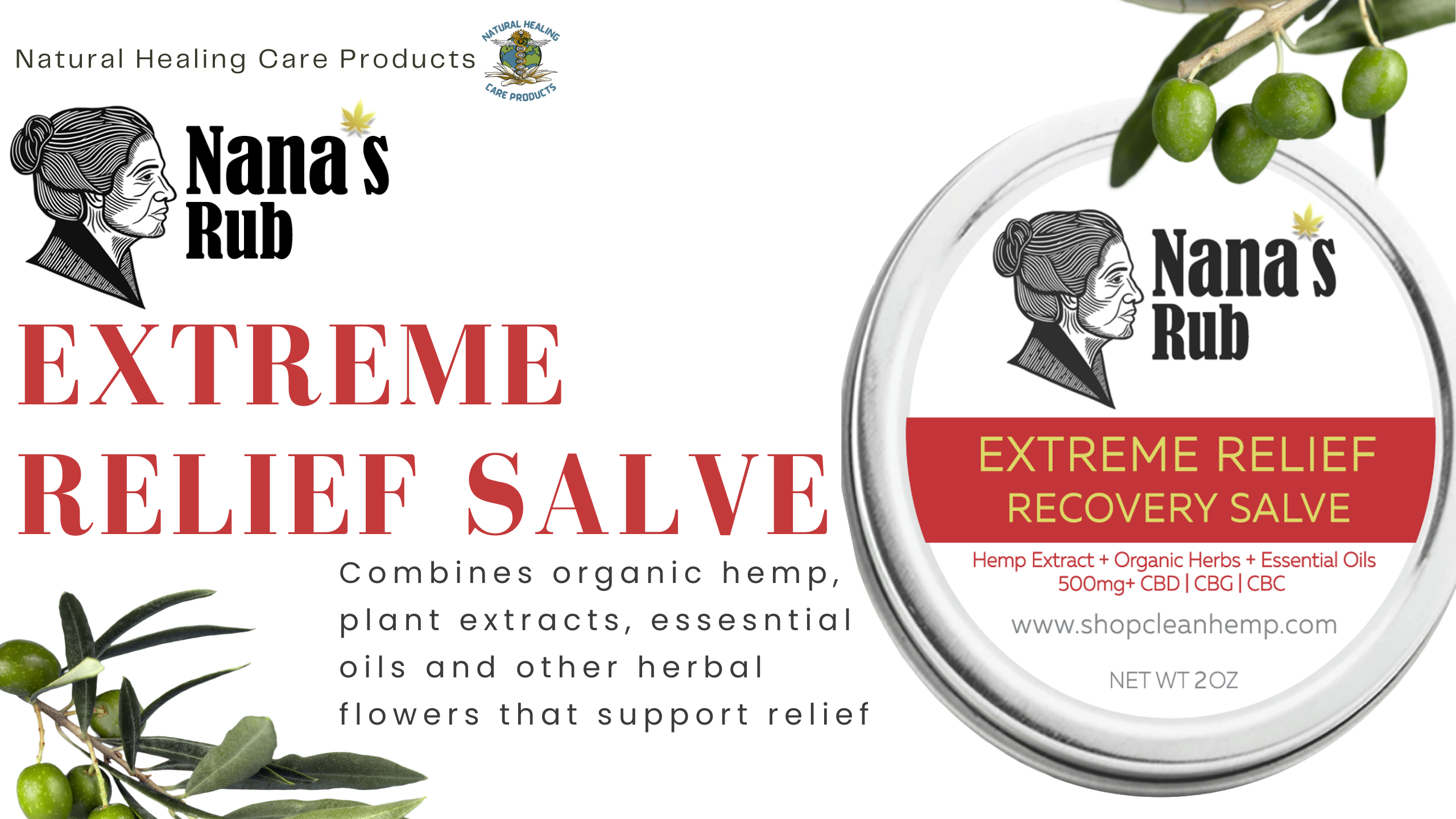
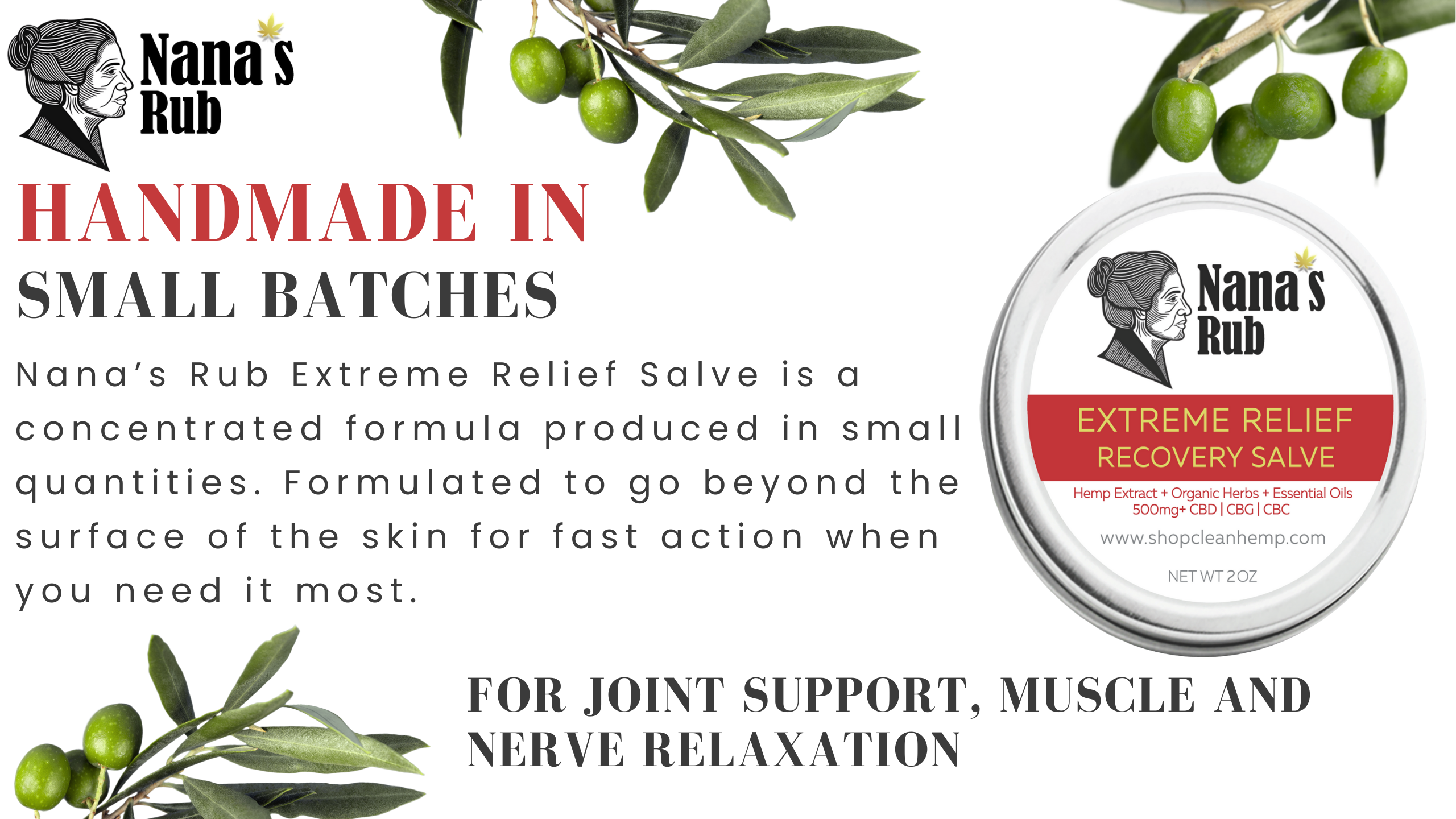
Recent Comments